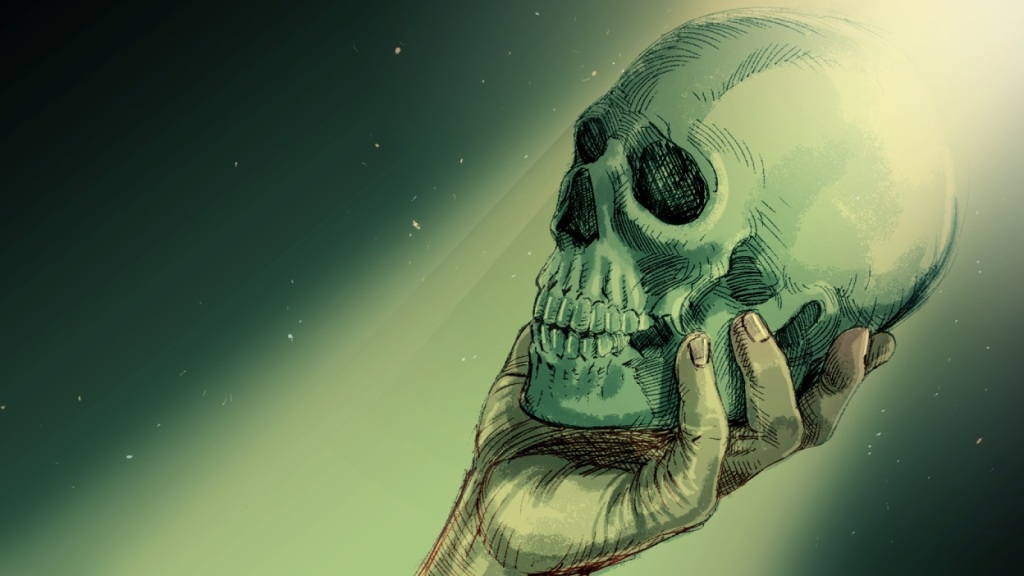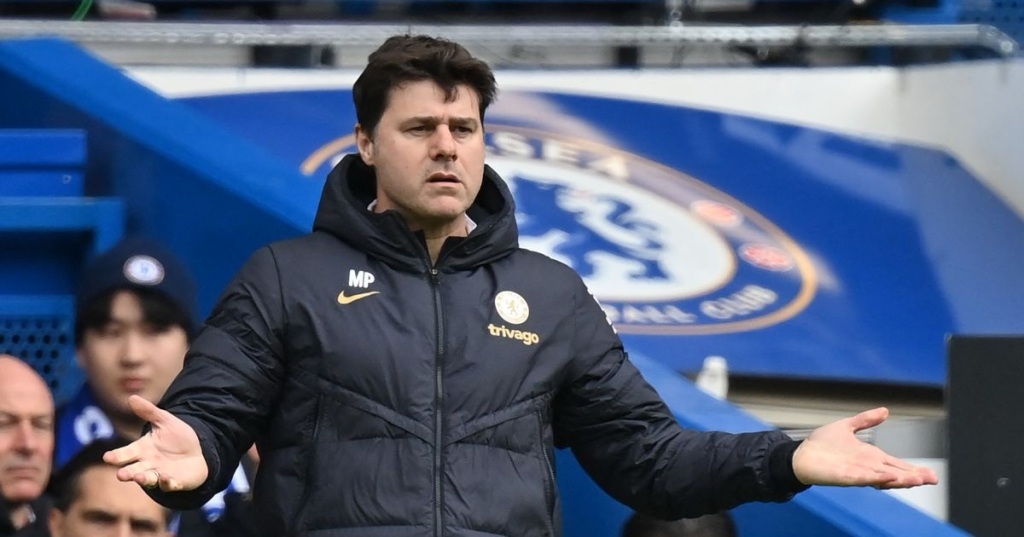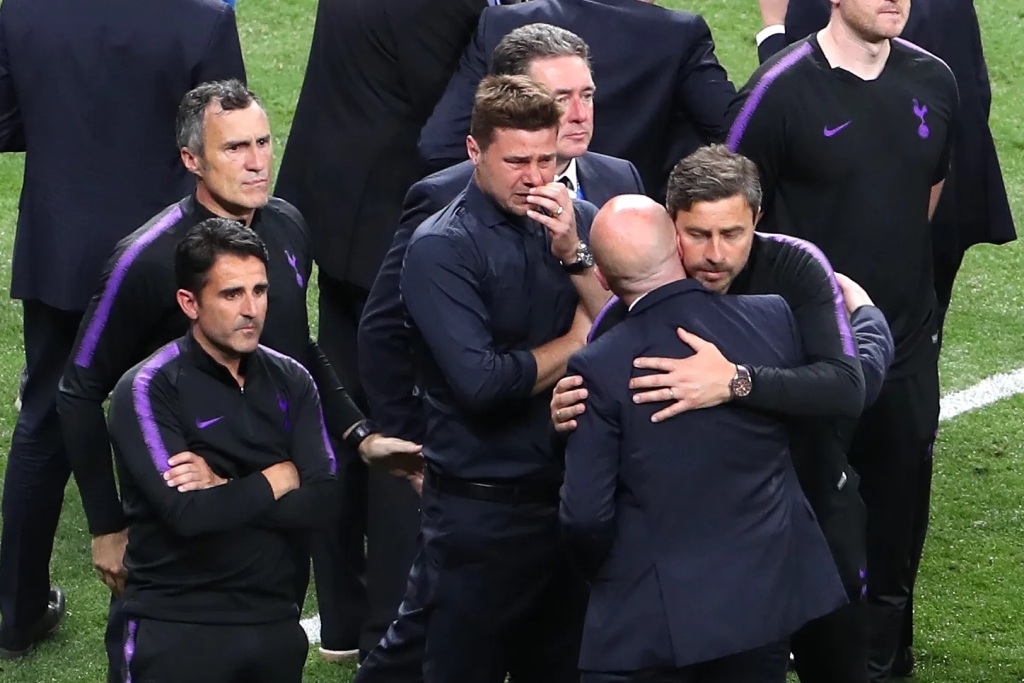“Character is destiny.” The words of Heraclitus, almost three thousand years ago.
I say almost. Almost makes it sound like I’m half into Greek philosophy off the cuff. Perhaps we should substitute almost for probably. Alas, I digress.
“Character is destiny” is a rather amorphous phrase, that has transcended philosophical, literary, psychological debates over the last three thousand years.
What does it mean? Without turning this article into an English Literature A-Level house of horrors, perhaps the most basic reading of Heraclitus’ phrase is that destiny (if you believe in such thing) or fate is predetermined by one’s character. Our true self. After all, it’s what’s inside, that matters. I italicise purely because, like you, we’ve all heard that mockingly condescending (almost maternal) comfort phrase in our lives before.
The maxim even suggests there is an unwritten law or reality. Karma, if you will. No matter how powerful one is, the centripetal force of the metaphysic, or the universe, will drag us into orbit with destiny. That our futures are already decided, simply because we are who we are.
It’s not every day you can easily combine Greek philosophy with one of Ke$ha’s 2011 singles. I digress.
It also asks questions of one’s self. Are we to navigate our lives through our own principles, cast in iron, or are we more malleable as creatures? Again, the maxim dictates that no matter how hard one tried to chameleon themselves, no matter how hard they do try, there is a reversion to the mean. It will happen because it was always going to happen, because that’s who you are.
It truly is a fascinating debate that has raged across time immemorial. So, it got me thinking (of course) as to its application and compartmentalisation into the culture and civil war raging across Stamford Bridge: the fate of Mauricio Pochettino.
This piece will purely explore whether Mauricio Pochettino’s travails, efforts and toils have all been a genuine forging of a path to success (even if loosely translated) or if the three thousand year maxim is correct. Whether character is destiny, and Pochettino’s chequered history as a head coach is merely coming into orbit with reality – dragging himself and Chelsea into a damaging collision.
A Hamlet Prologue
When teasing out the idea of character being destiny, it drew me to the classic A-Level essay question as an English Literature survivor.
The question reads: “In Shakespeare’s tragedies, character is destiny. Discuss.” All of a sudden, my hands tremble even now, and feint blisters at the balls of my fingers emerge in throwback to smudged biro on several A4 sheets.
But, let’s explore this in Pochettino’s realm.
And we begin in Shakespeare’s Hamlet. To those who have read Hamlet, we all ask – why didn’t Hamlet kill Claudius right away? After all, he had murdered his father. The simple answer is: the play would’ve been much shorter. Couple pages, maybe. And there we lose perhaps the greatest Shakespearean tragedy.
But Hamlet doesn’t kill Claudius straight away. He only kills Claudius once he himself is poisoned, and dies.
The tragedy is through the prism of procrastination. Like many familiar with Shakespearean tragedy, the text of AC Bradley critiqued Hamlet’s character (and the tragedy within the play) with the following:
“One would judge that by temperament he was inclined to nervous instability, too rapid and perhaps extreme changes of feeling and mood, and that he was disposed to be, for the time, absorbed in the feeling or mood that possessed him, whether it was joyous or depressed.”
A.C Bradley, Shakespearean Tragedy
So, how is all of this relevant?

The Pochettino Dimension
Let’s go back to London, 2023. And ask one opening question: why did Mauricio Pochettino not admit straight away that winning anything significant with Chelsea just wasn’t possible? Like questioning Hamlet’s not-immediate killing of Claudius, if he did – his time at Chelsea would be even shorter than mooted, and descended even quicker in popularity.
A reviled character whose affiliations with Chelsea’s fierce rivals Tottenham, is now caught in what is turning out to be one of the most expensive comedy of errors (to the tune of over £1 billion), fighting against the tide.
The Argentine, who has not won a raffle in England let alone a trophy, declared at his first interview as Chelsea head coach that:
“Chelsea is a club that it is impossible to have these up and downs. We need to be sure that we bring what the club needs to be at the top because the history of the club is to be at the top….no excuses.”
Mauricio Pochettino, 3rd July 2023.
And then before their opening game against Liverpool:
“Of course, we are Chelsea. The history of the club is to win. Even if we are in transition, we need to win and be ready to win against Liverpool…no excuses.”
Mauricio Pochettino, 11 August 2023.
The quotes quickly changed:
“With time, we will arrive at the level where we can compete for big things.”
Mauricio Pochettino, 28th December 2023.
To then:
“We need to stop thinking that we are Chelsea from the last 20 years, because we are not. We need to move on.”
Mauricio Pochettino, 8th February 2024.
With Chelsea now arriving at the end of March in 11th place, having lost a cup final to which some have branded “unloseable” in the circumstances and in a semi final against a treble chasing juggernaut with defeat a certainty, one ponders.
Perhaps rather crudely that Chelsea, with their setbacks, were actually never destined to win significantly not because of the circumstance of the squad, but more so because of the character of its leader.

Specialist in Failure?
Pochettino, while very well respected, has still yet to lift a major trophy in England.
Of course, one cannot forget Pochettino winning silverware with Paris Saint-Germain, but such currency is weaker than most counterparts in this economy.
However, at several critical junctures in his time in England, he has serially fallen short. Whether they are a litany of failures, though, is up to the reader.
Back to his ‘failures’: Pochettino could not break Tottenham’s disastrous semi final record in the FA Cup (losing to Chelsea in 2017, and Manchester United in 2018), he fell short in the Champions League final in 2019 (with Tottenham conceding in the 2nd minute of that said final), he emerged with the tag of coming ‘third in a two horse race’ in 2016 when Leicester City won the title and Tottenham (who had chased down the Foxes for the large part of the season) ended up behind enemies Arsenal. Despite having the most goals and the least goals conceded (although even I will concede that one may wish to examine this charge closely) – Tottenham didn’t win the league title the season after, either.
Therefore, you may ask, is it any surprise that a Pochettino-led Chelsea failed to solve a very easy Rubix cube at Wembley when an injury ravaged Liverpool could only draft in teenagers and debutants in extra time? Is it any surprise that Chelsea have yet to score a victory against the ‘Big Six’ at Stamford Bridge? Or any surprise that Chelsea have disappeared without a trace in the Premier League table to 11th?
Maybe, the truth is couched in Pochettino’s buzzword in 2024: the reality. Pochettino has almost used the two words as a shiv to pierce, or even parry, against the narrative that Chelsea are underperforming.
Perhaps the reality is an expensively, yet unexperienced, mirage of players can never truly pull-off totemic victory. Yet, Pochettino’s increasing defeatism has permeated into the team. Where desire is second-guessed and ability to execute is almost shockingly absent.
Perhaps, also, the reality can be seen through Pochettino’s character being trapped by the shackles of the past.
Coupled with a history of defeat and losing, Pochettino is the emblem of a modern day Tottenham Hotspur – having managed them for nearly six years. A visceral target of Chelsea’s fanbase through chanting and so forth.
Pochettino guided them through The Wembley Years while their new stadium was being built. While not fruitful, the years were defined by consistent top four but also buttressed by an insistence that trophies were for “ego” when asked about their poor record in the cups.
The linkage here is simple. Pochettino’s reality has never been to win, serially. His increasingly abrasive attitude with the Chelsea fanbase, as they begin to revolt. With unflattering, and smattering, chants for the sack and the cacophony of booing becoming a chorus of Chelsea games – he is trying to fight back against a narrative he helped stoke at the start of his tenure.
Almost, a reversion to the mean. That things take time. That actually, his team cannot win just yet. And he always meant it. That, in fact, there is a transition and a process.
Not what Chelsea, one of the 21st century titans of English and European football, are used to. But rather what Mauricio Pochettino, the perennial bridesmaid of football, is used to.
That actually, in the granular, character is destiny.

Character is Destiny
“One would judge that by temperament he was inclined to nervous instability, too rapid and perhaps extreme changes of feeling and mood, and that he was disposed to be, for the time, absorbed in the feeling or mood that possessed him, whether it was joyous or depressed.
You’ve seen this before, haven’t you? I thought it would be helpful to repeat the Bradley critique of Hamlet here to hone in on the Pochettino parallel.
The Bradley dimension views the tragedy of Hamlet that Hamlet had always attempted to struggle with his reality. There is almost the suggestion that Hamlet is bipolar and the struggle to resonate with his character, provides his destiny. Death.
Pochettino’s inexperience with victory on an industrial level as opposed to Chelsea this century, had always made this marriage rather uneasy. It was perhaps inevitable that this marriage would sour, very quickly.
Of course, Pochettino had wrestled with the new persona. The winner. The win at all costs. The harsh taskmaster who will have no excuses and will fall on his sword before his team lose.
That has not been the case. The retreating should not be viewed as surprising, in fact it should be viewed as a tragedy of Shakespearean proportions.
It is not only Hamlet who had this epic wrestling of the minds that paved the way for tragedy. There was always Othello, whose jealousy raged across the play to the denouement of the murder of his wife in a flash of final jealousy and insecurity.
The reality in Othello, was that character was destiny. Ravaged by self-loathing, his final act resulted in his own death. Not because of the act itself, but as the play develops, his innate unease with his place in the world and his character prone to jealousy always meant he was destined for this moment – even fatal.
Here, what you can extrapolate, is that Pochettino’s acute awareness of the expectation surrounding Chelsea meant that his reversion to type – and the result being Chelsea’s disappointing season – was inevitable. There was no other way, merely the product of his reversion over assimilation was more tragic in the Ides of March as opposed to his opening salvo in July.
Othello prophetically remarks in Act 3 that:
“Tis destiny unshunnable, like death.”
And as Ben Wallace, when asked why the Conservatives should not depose Rishi Sunak as leader, remarked:
“There comes a moment in time in the…cycle where you effectively put on your best suit, you stand up and you march towards the sound of the guns and you get on with it.”
Ben Wallace MP, 19th March 2024.
Therefore, if character truly is destiny, as prophesied by Heraclitus all those thousand of years ago, Pochettino’s fate at the end of the season is already known. There is nothing left to fight for, no cause to argue, no turn to u-turn on.
Even if he was to win the FA Cup, or spark a comeback in the league to rally Chelsea up the table, the sound of the guns is fast approaching. Over the last fortnight, they have become noticeably louder.
A melting pot of a season of arguable bad fortune has gradually peeled away the false pretences of Pochettino’s personality he tried to forge upon arrival but its collision with Chelsea means that his fate is sealed. A departure is likely.
Two completely different state of minds, two completely different universes opening on two completely different levels of reality are about to diverge from their awkward convergence just under a year ago.
Why, you ask? Because it was merely the reality.

